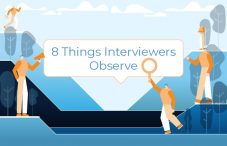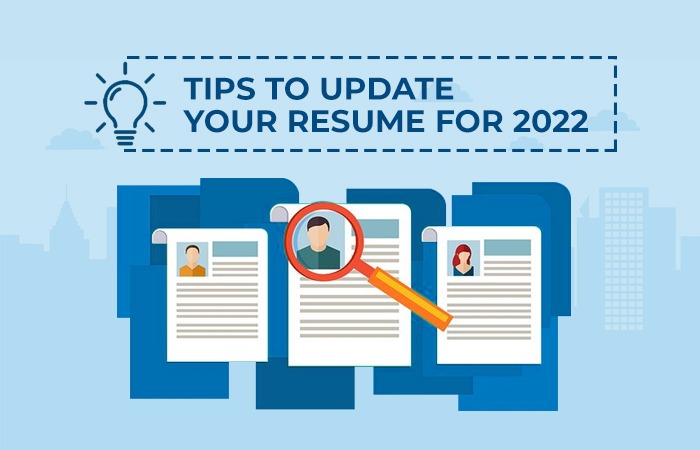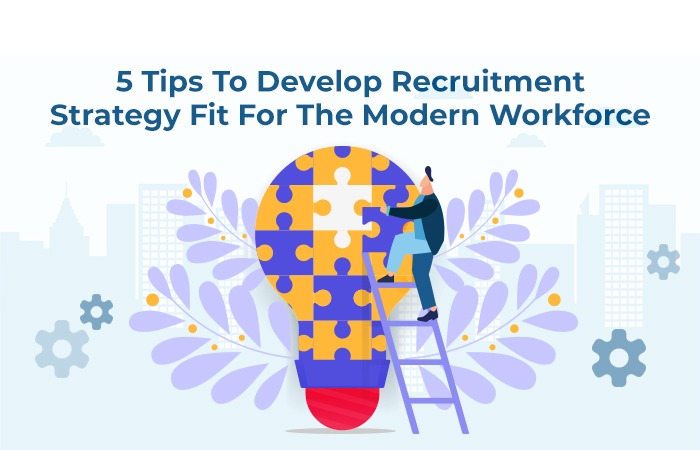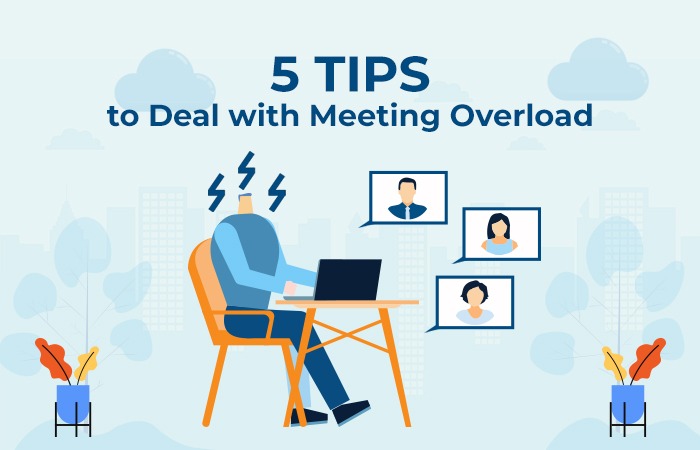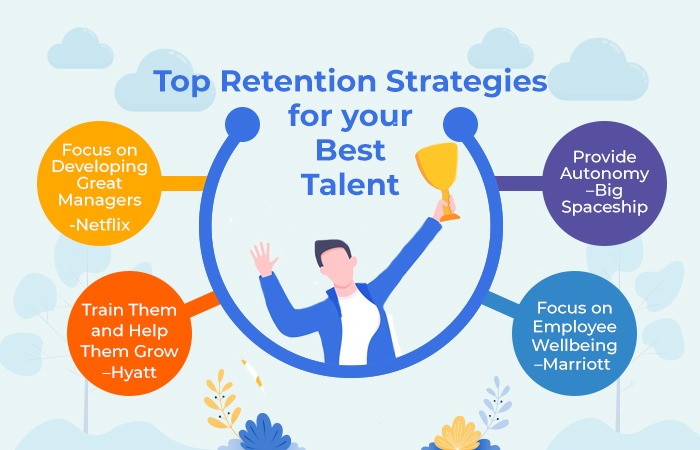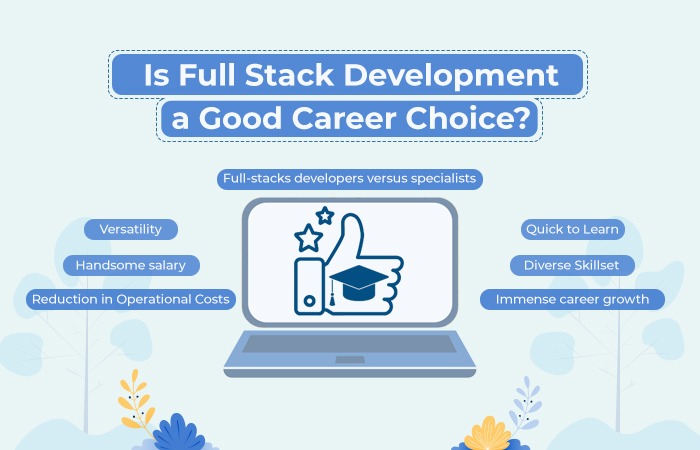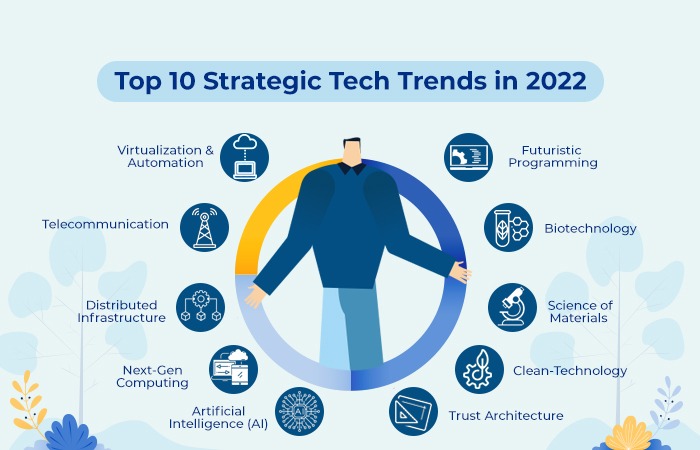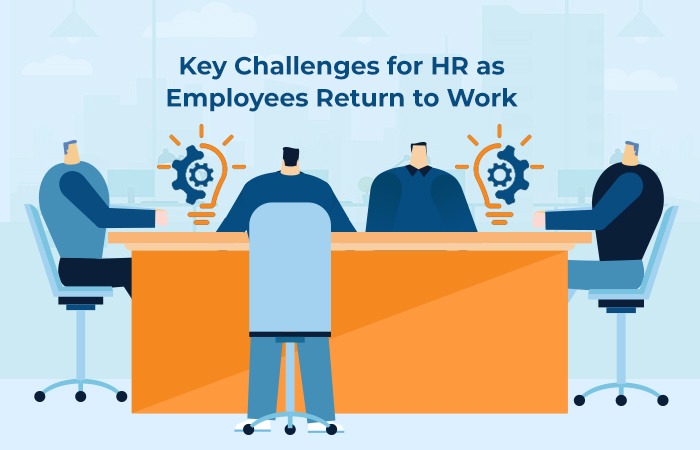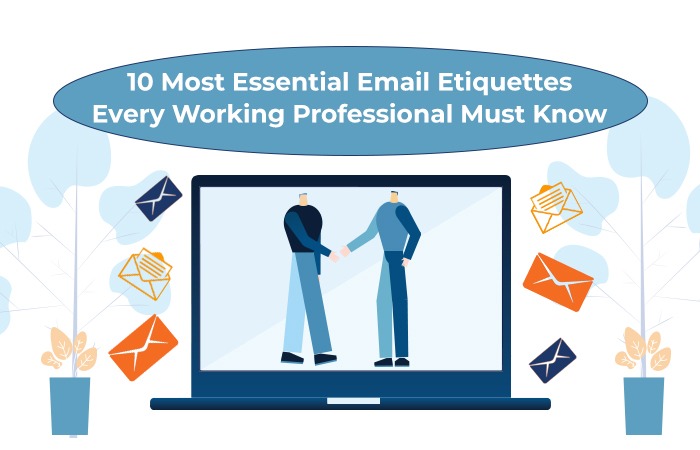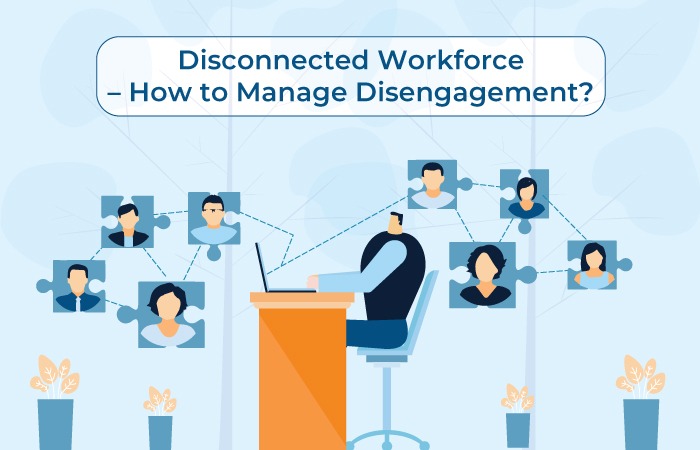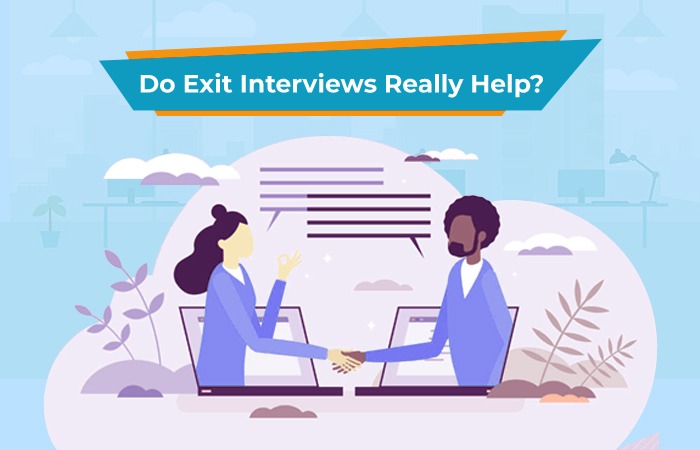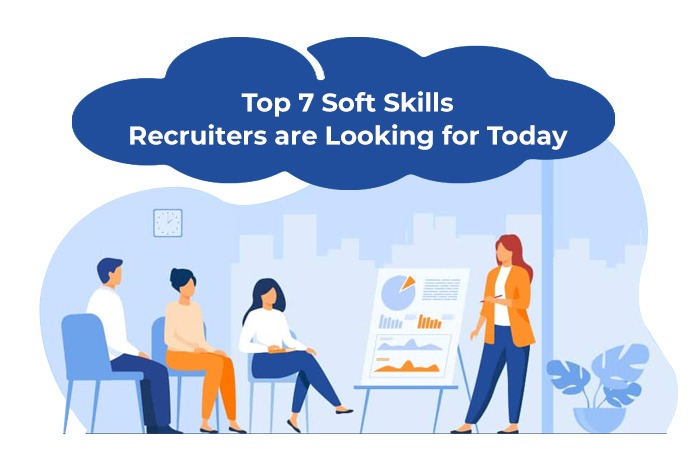Interviews can be daunting. You prepare well for the interviews, making notes and writing down probable answers to the most asked questions. But you always wonder what is it that the interviewer is looking for. What are the things that they observe during an interview?
If you are looking for answers to these questions, read on.
Given below are 8 things that the interviewers observe during an interview.
- How much do you know about the company?
The interviewers want to know how much you know about the company and why are you interested in joining them. They expect the candidates to know the business and the brands, areas of operation, market share etc to assure them of your seriousness.
A little research about the company, operations and the division or the department, and if possible, the various department heads is important.
- How well you understand the role?
Another thing the interviewer wants to know is if you understand the role or position you are interviewing for. Understanding this before the interview is important for you to know if you have the required skills and experience and if you fit into the role.
This also helps you relate your skills and experience with the job and show how you are the best person for the job.
- Who you really are?
One of the most important things the interviewer is looking for is reassurance that what you say about yourself in your resume is true.
If your answers do not match with the story in your resume, the interviewer can see that your resume has been beefed up. Interviewers can judge the depth of your skills, experience, competence, qualities based on your replies.
- How do you answer the questions?
Most of us go prepared for interviews with ready answers for the most asked questions like ‘tell us something about yourself, or ‘why should we hire you?’
Sometimes the answers are so well rehearsed that they lose the authenticity and emotions and sound very bookish. There is a thin line between being well prepared and sounding well prepared. Interviewers can see through rehearsed answers when they hear them.
Try to listen and understand the question asked before jumping to reply with standard replies. Instead connect with the interviewer, use your own words and relate with the role you are interviewing for.
- What does your Body Language say?
Your body language shows a lot more than you can imagine. It is natural to be nervous during an interview and interviewers understand this. But fidgeting too much can distract the interviewer.
Be aware of your posture and demeanour. Do not slouch. Use professional and pleasant language.
Eye contact is another important thing that the interviewers observe. A good eye contact exudes confidence. It also means the person is speaking the truth.
Smile naturally and let the interview flow without sounding forced or fake.
- What is your Personality type?
Most of the times the position you have applied for defines the kind of personality required. If you are applying for a customer facing job, you would be expected to be friendly and extrovert while if in case of a back-end job, your extrovert nature may seem like a weakness.
Interviewers are keen to know if your personality matches the job profile.
- Are you a Cultural Fit
Apart from the skills, it is important for the interviewer to know if you will fit into the company culture. They know the way their company works, its values & culture. They need to understand what are your values, your goals, your attitude, etc in order to see if you would fit in.
- Are you Adaptable?
The most important quality that any company is looking for post pandemic is adaptability. The interviewer may ask situational or problem-based questions to judge if you are flexible in your approach & if you are a problem solver. Your experience and your achievements will help you narrate your story to highlight this quality.
Treat every job interview as a valuable lesson and learn from the experience.

